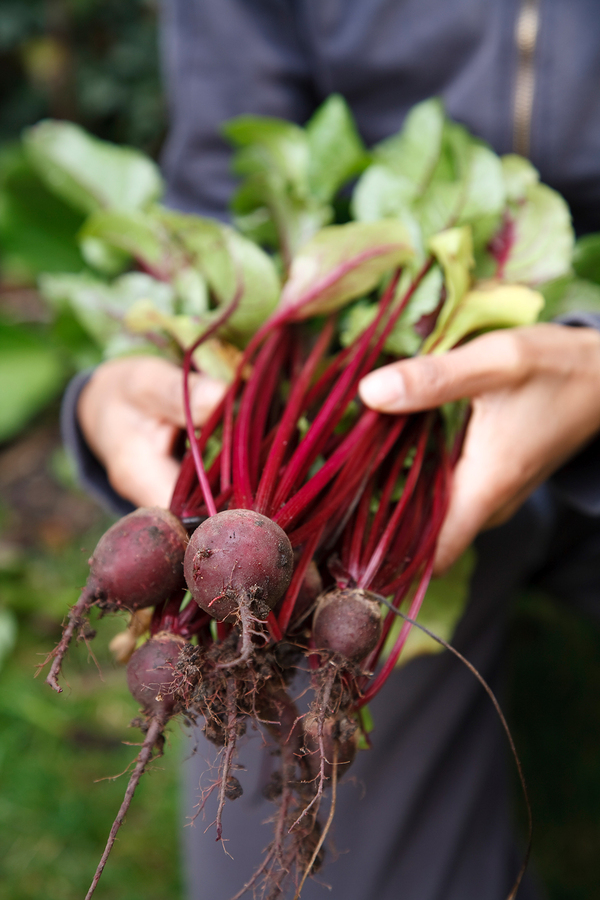Organic products are popular. According to QuébecBio, the number of businesses holding an organic certification went up from 1,592 in 2017 to 2,025 within a single year while the number of local organic products reached the impressive figure of 9,500. Points of sale of organic products have also multiplied in recent years. Located in the Rosemont district, the Les Récoltes grocery store (www.lesrecoltes.com), which specializes in the sale of local and organic products, is a part of this wave. We met Linh Bui, partner of Geneviève Guenet, owner of the store.
Organic is booming. What do you observe in the field about this craze?
Yes, absolutely. There are, in fact, not enough organic products to meet demand. Supermarkets do business with foreign suppliers, especially from the United States. They know in advance which products they will receive and in what quantity. However, we deal with local farms. Their products vary according to the seasons. Some of them, in addition to selling their products on site, prefer a U-pick operation rather than selling to grocery stores like ours. It’s more profitable for them. The job of a farmer is very difficult. You have to sell at reasonable prices to recover your costs.
Price has long been an impediment to buying organic products. Is this still the case?
Yes, it’s still there, but people are becoming increasingly aware of the benefits of eating organic. In addition, with the strong increase in demand, organic prices have dropped in recent years. In fact the real challenge, beyond the price, is breaking habits. People walk past our grocery store when they go to the supermarket a little further away. They can pass by again two or three times before coming in. But once they have tasted our products, they come back. This does not stop them from continuing to shop both from us and from a supermarket. They combine both. On their first visit, they are often amazed at the value we offer for the money. And those who shop at organic supermarkets often make the leap to come to us.
All the supermarkets now have their organic department. How do you resist these giants?
Supermarkets buy most of their organic products abroad, in Mexico, the United States, Chile. The fruits and vegetables were often picked more than a week before they arrived in the stores. With us the products are ultra fresh: we order on Monday or Tuesday, the products are picked the next day and delivered on Thursday. What distinguishes our neighbourhood business from a supermarket is being first with freshness and taste.
In addition, we have a very close relationship with our suppliers. I can tell my customers exactly where the products we sell come from. That’s very important. We don’t have every product, but we have the best!
We also have a close relationship with our customers. We recognize them and we welcome them. It creates a link that they appreciate. It’s human contact, a bit like old-fashioned villages.
How does your neighbourhood grocery store distinguish itself? What other services are offered?
To limit waste as much as possible, we offer ready-to-eat meals to our customers. In this way, some unattractive products become delicious take-out dishes. Our vegetable loss stands at less than 1%, which is incredible. We also have opened kitchen workshops to attract the locals and instill a community spirit in our store.
What foods sell best?
Vegetables. More and more people are vegetarians or flexitarians.
Describe your clientele to me.
We have a very broad clientele. They range from 25 to 70 years old! We have as many young professionals as families. Some people come every evening after work to buy their meal. They limit waste and always eat fresh. Families often come at the weekend and make large grocery purchases.
What do you envisage for the future?
Our customers have recently been able to buy our products on our website. In the longer term we want to diversify our offering more. We want to keep working with small companies in order to contribute to developing the local economy. We are very confident. People like to buy from local stores.
